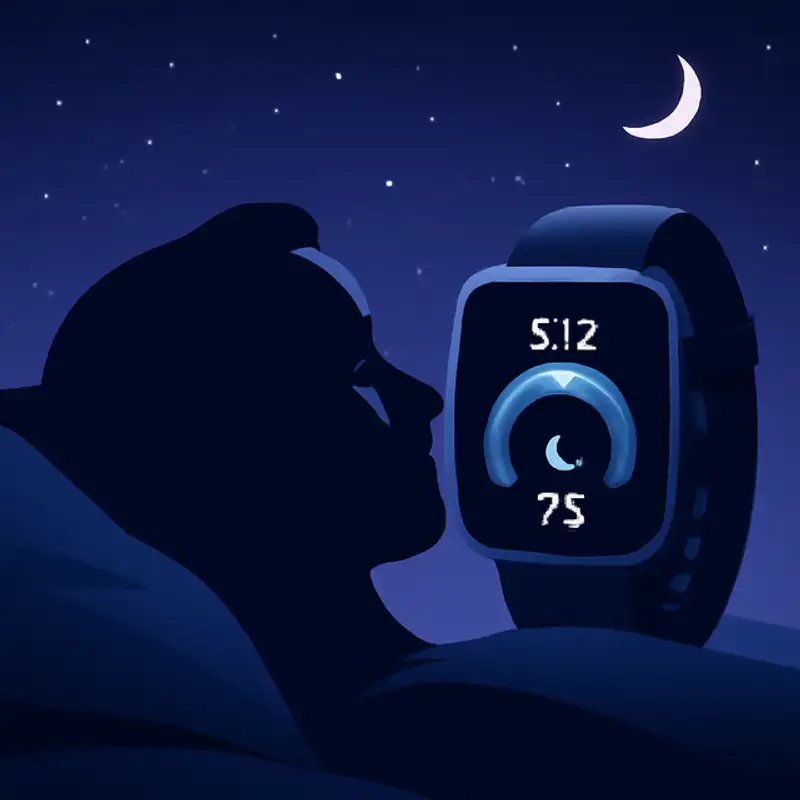 Episode
Episode
· 01:14
Welcome back to Sleep Sense, where tonight we’re talking about a hidden downside of tracking our sleep. Thanks to fitbits, rings and bedroom sensors, more than a third of Americans now wear these devices to measure every moment of slumber. But that constant data can backfire. Experts call this obsession orthosomnia, and sleep coach Drew Copeland warns, “As soon as you start pursuing perfect sleep, it negatively impacts your sleep quality.”
Psychologist Kelly Glazer Baron says patients often do things like spending extra time in bed, a classic move that actually worsens rest. And Dr. Michael Grandner of the University of Arizona calls those morning scores “mostly nonsense. It’s horoscopes.” The reality is that these devices can reliably tell you when you’re asleep or awake, but not every dreamy stage.
If you find yourself stressed over a low sleep number, take a break and focus on how you feel. Consider talking to a specialist or trying CBT-I therapy. Remember, as Grandner puts it, “Sleep is a solved problem. It gets taken care of.” Let go of the competition and let your body do what it already knows how to do.
Link to Article
Listen to jawbreaker.io using one of many popular podcasting apps or directories.